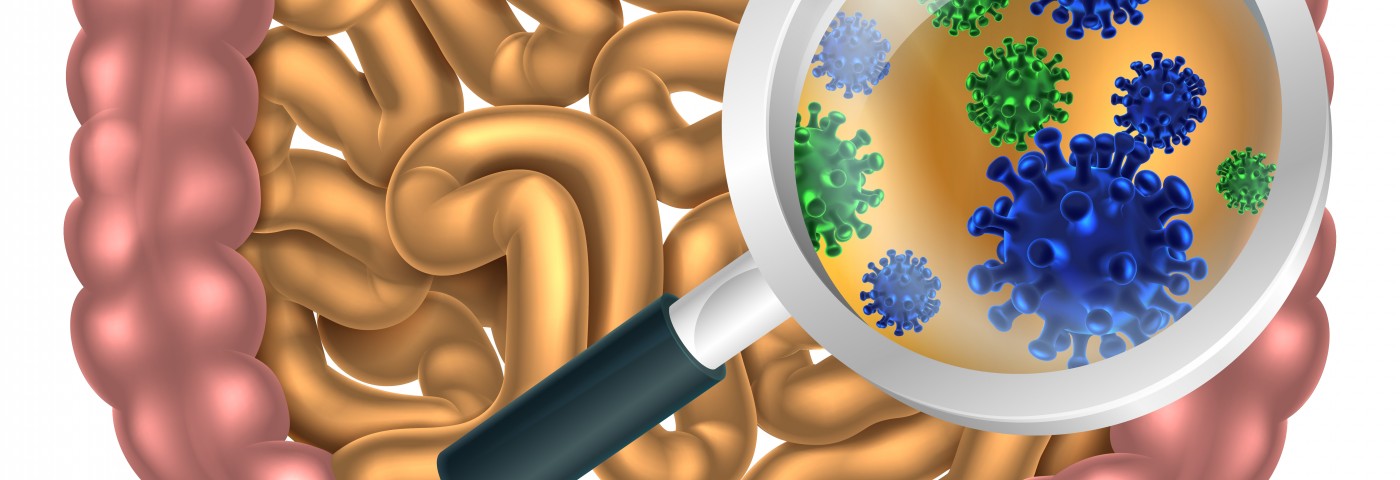A clinical study found that multi-donor fecal microbiota transplantation (FMT) successfully induced clinical and endoscopic remission in patients with resistant active ulcerative colitis (UC). Results from the placebo-controlled trial were presented at the recent 11th Congress of the European Crohn’s and Colitis Organisation (ECCO), held in Amsterdam, the Netherlands.
The physiological balance of bacteria communities in the gut is essential to overall health and well-being, as the so-called “good” bacteria perform important physiological functions, such as the breakdown of food and nutrients, development of the immune system, and protection against disease-causing pathogenic bacteria. Microbiota imbalance has been shown to be involved in the pathogenesis of UC.
FMT, a procedure in which fecal matter collected from a tested healthy donor is mixed with a saline or other solution and given to a patient, often by colonoscopy or enema, aims to replace the good bacteria that has been, through a variety of factors, killed or suppressed. Some studies have reported favorable effects of FMT in UC patients.
Researchers studied 81 patients with active UC resistant to standard therapies, conducted at three centers in Australia. Patients were randomly assigned to FMT treatment or placebo colonoscopic infusion on day one, followed by FMT or placebo enemas five days per week for eight weeks. Samples for the FMTs were obtained from three to seven unrelated donors.
The study’s primary endpoint was a combined steroid-free clinical and endoscopic remission at week eight. Secondary endpoints included clinical response, steroid-free clinical remission, endoscopic response, endoscopic remission, quality of life, and safety.
Results showed that in the FMT group, 11 out of the 41 patients (27 percent) achieved the study’s primary endpoint, reached in only three out of 40 patients in the placebo group (8 percent). Also, more FMT patients achieved steroid-free clinical remission than placebo patients, 44 percent versus 20 percent, respectively. Clinical response was observed in 54 percent of the FMT patients, and in 23 percent of those in the placebo group. Steroid-free endoscopic remission rates were 17 percent versus 8 percent, and endoscopic response rates were 37 percent versus 10 percent in the FMT and placebo groups, respectively.
In terms of safety, adverse events were comparable between the two groups. Three serious adverse events, worsening of UC, occurred in two FMT patients and one placebo patient.
“This largest controlled trial of FMT has demonstrated that intense multi-donor colonoscopic enema FMT is effective in inducing strictly defined clinical and endoscopic remission in patients with resistant active ulcerative colitis,” the research team concluded, according to a news release.

